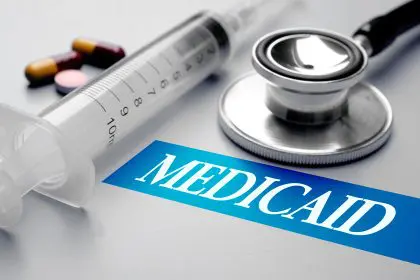A heart attack is a terrifying medical emergency. In the aftermath, restoring blood flow and minimizing damage to the heart muscle are crucial priorities. This is where aspirin comes in. Doctors often recommend immediate aspirin administration for heart attack victims. Let’s explore why aspirin is vital in post-heart attack treatment.
Understanding Heart Attacks and Blood Clots
Heart attacks occur when blood flow to a part of the heart is blocked, typically by a blood clot. This blockage deprives the heart muscle of oxygen and nutrients, leading to cell death and tissue damage. The severity of the damage depends on the blockage’s duration and location.
How Aspirin Works: Thinning the Blood to Prevent Further Blockages
Aspirin is an antiplatelet drug. Blood platelets are cells that clump together to form clots, which are essential for stopping bleeding after an injury. However, inappropriate clotting within the blood vessels supplying the heart can worsen the situation in a heart attack.
Aspirin works by interfering with the platelets’ ability to clump together, reducing the risk of new clot formation and potentially preventing further blockages in the coronary arteries. While aspirin doesn’t dissolve existing clots, it can help prevent new ones from forming and impede the growth of existing ones.
Benefits of Aspirin After a Heart Attack
Administering aspirin soon after a heart attack offers several potential benefits:
- Reduced Risk of Repeat Heart Attacks: Aspirin can decrease the chance of experiencing a subsequent heart attack by preventing new clot formation.
- Improved Blood Flow: Aspirin can help improve blood flow to the heart, potentially minimizing tissue damage and promoting healing.
- Reduced Risk of Stroke: Similar to heart attacks, strokes can also be caused by blood clots. Aspirin’s blood-thinning effect can help reduce the risk of stroke after a heart attack.
It’s important to note: Aspirin is not a one-size-fits-all solution, and some individuals may not be suitable candidates due to potential side effects like increased bleeding risk or allergies. Ultimately, the decision to administer aspirin after a heart attack will be made by a doctor based on the patient’s individual medical history and risk factors.
Beyond Aspirin: A Multifaceted Approach to Heart Attack Recovery
While aspirin plays a valuable role, it’s just one part of a comprehensive treatment plan for heart attack recovery. Here are some other essential components:
- Medications: Doctors may prescribe additional medications to lower cholesterol, regulate blood pressure, and prevent future heart problems.
- Lifestyle Changes: Following a heart-healthy diet, exercising regularly, managing stress, and quitting smoking are crucial for long-term recovery and reducing the risk of future heart complications.
- Cardiac Rehabilitation: A cardiac rehabilitation program can help patients regain strength, improve heart function, and learn lifestyle modifications to manage their health.
Living a Heart-Healthy Life: Prevention is Key
Experiencing a heart attack is a wake-up call. By following a heart-healthy lifestyle, including a balanced diet, regular exercise, and managing stress, you can significantly reduce your risk of a heart attack in the first place.
If you have a family history of heart disease or experience concerning symptoms like chest pain or shortness of breath, consult a doctor to assess your risk factors and create a personalized prevention plan.
In conclusion, aspirin is a well-established initial treatment for heart attack victims due to its ability to prevent further blood clots and potentially reduce the risk of future heart complications. Remember, aspirin is just one piece of the puzzle. A comprehensive approach to recovery that combines medication, lifestyle changes, and cardiac rehabilitation is essential for optimal outcomes. By prioritizing heart health through preventive measures, you can significantly reduce your risk of experiencing a heart attack.
This story was created using AI technology.














